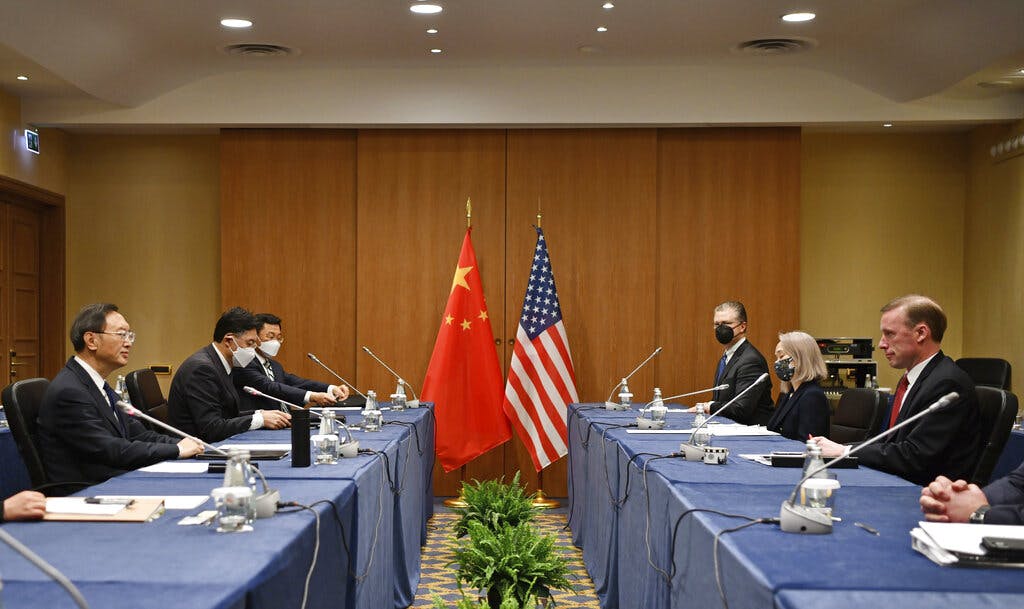
Belichick’s Hall of Fame Snub Exposes the NFL’s Uncomfortable Cheating Debate
By GEORGE WILLIS
|Beijing may aspire to a more complete breakup with the West, but not on a timeline this fast: China cannot yet function as a global powerhouse on its own.

Already have a subscription? Sign in to continue reading

By GEORGE WILLIS
|
By THE NEW YORK SUN
|
By LUKE FUNK
|$0.01/day for 60 days
Cancel anytime
By continuing you agree to our Privacy Policy and Terms of Service.

By JOSEPH CURL
|